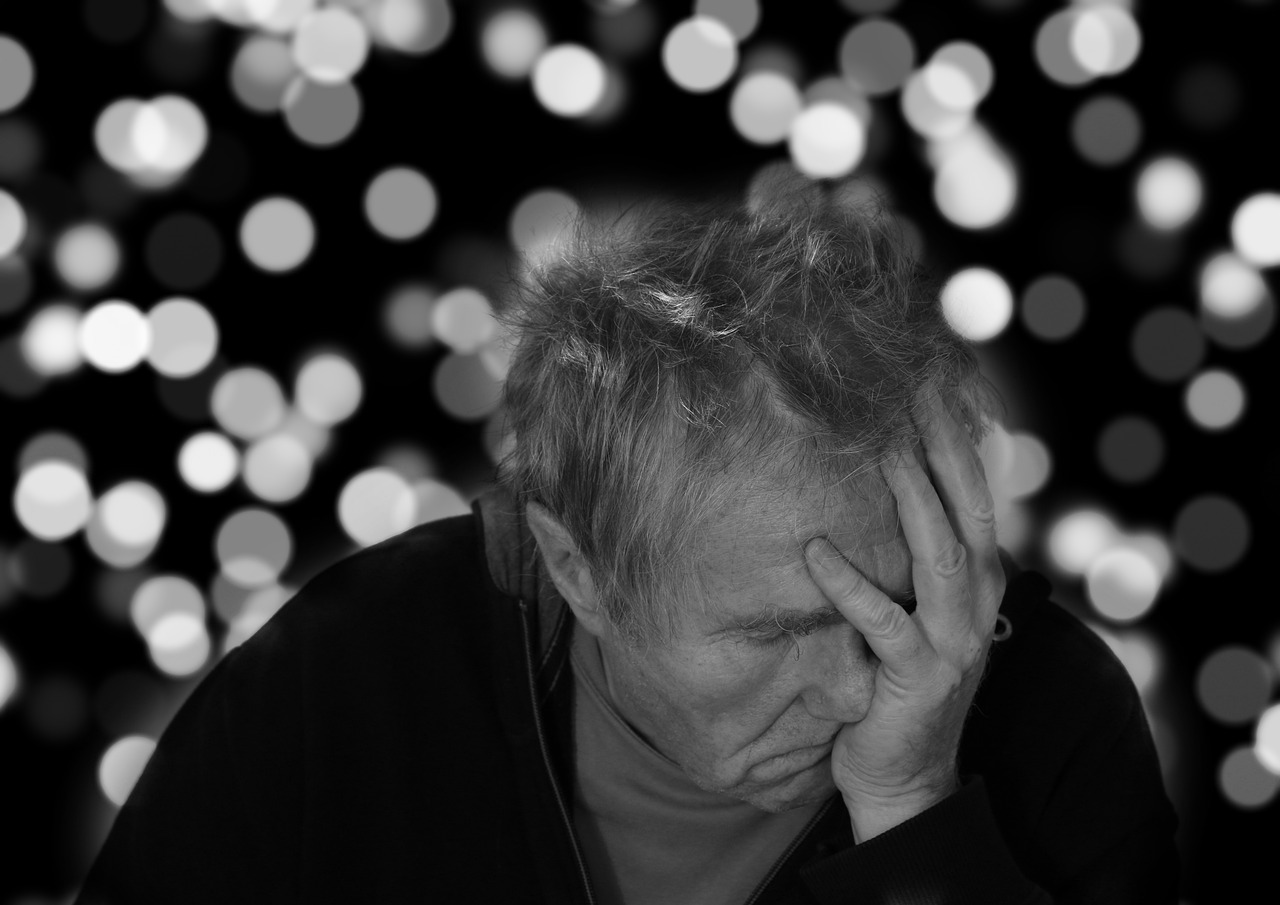Social anxiety disorder affects an estimated 15 million Americans, but it tends to work in different ways for different people: Some of us panic and think we have nothing to say in group settings. Others are so worried that people notice our signs of anxiety (flushed skin, sweating) and we become more uncomfortable and anxious.
According to psychologist David Moskovich, these are just two of the four types of social anxiety that people are susceptible to.Pinpointing how anxiety manifests itself can make a big difference in treatment.
It can be very helpful to identify what scares you about the things you are avoiding.What people often worry about is not the situation itself, but what they believe will happen in the situation.
People often believe that if they are faced with a dire situation, an imaginary disaster will occur.As a first step, it is important that they understand what disaster they are imagining.
Based on his research, Moscovitch identified four manifestations or types of social anxiety:
- Anxiety over our social skills and behaviors;
- Anxiety over our anxiety;
- Anxiety over our physical appearance;
- Anxiety over our character.
These four types of anxiety have one thing in common: Anxiety is based on our fear that our “fatal flaw”—such as a flaw in our appearance, or our awkward social skills—will be exposed and make us feel fear.We look stupid.
While a “fatal flaw” feels so real, it often doesn’t actually exist, is barely noticeable, or doesn’t result in the harsh judgment we expect. Knowing your social anxiety type is a way to counter your brain’s insistence that you’re not enough. first step.
So, how do you convince yourself that you’re enough—and manage social anxiety?Below, experts break down four types of social anxiety and offer possible solutions.
1. Anxiety over our social skills and behavior
If you simply remain silent on the advice to “break into groups and discuss” or avoid small talk like the plague, your social anxiety may be focused on your social skills (or as you see it, lack thereof).
Maybe you’re afraid of not knowing how to hold a conversation and worry that if you talk to other people, they’ll find you awkward and unattractive, and you imagine people will openly laugh at you, or interrupt the conversation and walk away with a look of disgust.
While your normal coping mechanism might be to write down everything you’re going to say in advance or find a corner at the party to scroll through your phone for the rest of the evening, it’s recommended that you take the situation on a case-by-case basis.Go talk to people, even if you have to do it as a fun (or amusing) social experiment.
Have as many one-on-one conversations as possible.Practice keeping your focus on the task – listen to what the other person is saying and improvise responses based on whatever comes to mind while maintaining eye contact, and as you do so, gather evidence to support or refute people’s perception that you are awkward and unattractive conclusion.
That said, don’t self-sabotage: Just because you feel anxious or awkward during a conversation doesn’t mean you’ll be perceived that way.The truth is, you can only truly understand how people perceive you by reading their facial expressions and body language.Did they have a look of disgust on their face the entire time you were talking, or did they seem genuinely interested in what you had to say?Do they make fun of you or are they surprisingly friendly?
As you conduct the experiment, keep this idea in mind: If they are rude to you, it probably has nothing to do with you.
Maybe the other person is a jerk, or they’re having a bad day. The more behavioral experiments you do, the more you realize that bad outcomes are the exception, not the rule.
2. Anxiety over anxiety
When you suffer from anxiety, you walk around feeling like there’s a giant spotlight shining on you, letting everyone you meet know you have anxiety can make things awkward.
The more you try to go unnoticed and blend into the background, the more your face will burn red and sweat, thus acting as a kind of human beacon, drawing all attention to your body and further exacerbating the redness and sweating that social anxiety actually is. A constant negative feedback loop.
How do you stop this cycle?Stay put and adapt to awkward situations.That’s often the way people’s minds work – we all have some degree of spotlight syndrome – they may not notice your sweating or redness.
If you stay in the situation and engage in social interactions, almost everyone around you will forgive you for worrying about those little signs of nervousness, and anyway, the more you practice, the signs will probably start to wane.
3. Anxiety over our physical appearance
When your social anxiety is focused on your appearance, the mirror is no longer your friend: you look in the mirror and realize you have a giant zit that no amount of concealer can cover, and your hair is Using dry shampoo is also flat and greasy, and you really should lose five pounds before debuting that new outfit.
Stop negative self-talk.Unless they invent FaceTune for real life, we all have flaws, and you are no exception.Interestingly, your attempts to cover up your flaws may draw more attention to them than you realize.
The cruel paradox of social anxiety is that the things we do to hide it—wearing heavy makeup, covering our faces with hair, wearing long-sleeved clothes in the middle of summer—often look stranger than any of our “flaws.”
Don’t let your social anxiety prevent you from spending quality time with the people you care about.Next time your friends ask you out for drinks midweek, go for it—even if your favorite black slim-fitting dress is in the washing machine and you have to wear something else.
When we avoid others, linger on the fringes of a group, or don’t show up because we’re ashamed of our appearance, our behavior can inadvertently send the message that we don’t want to participate, when in fact we’re just anxious.
4. Anxiety over our character
When your anxiety is focused on your personality, you always feel like the most boring person in the room.You think your conversations are boring, you’re sure no one wants to listen to your monotonous work, and even if they did, you’re pretty sure you’ll be seen as incompetent and stupid when it comes to explaining your job.
Give yourself a break: Your inner monologue of self-loathing is probably a little twisted.
Ask yourself: Do you expect 100% of the people you meet to be witty, funny, funny, above all, confident, or awesome?of course not.You too, the truth is, trying to be perfect can feel scary and superhuman.You are lovable, warm, and approachable with all your flaws and imperfections.Wear them with pride.




